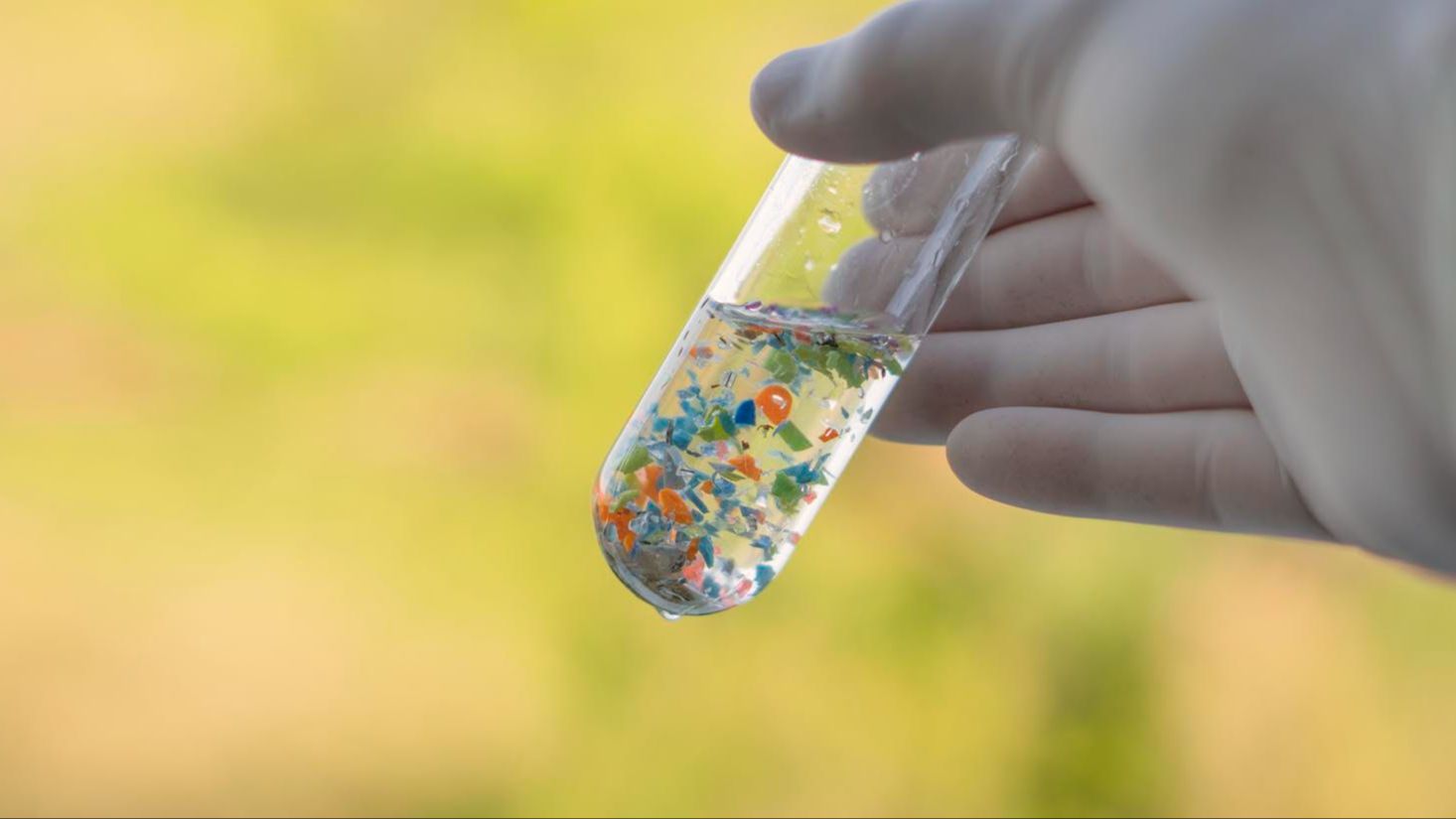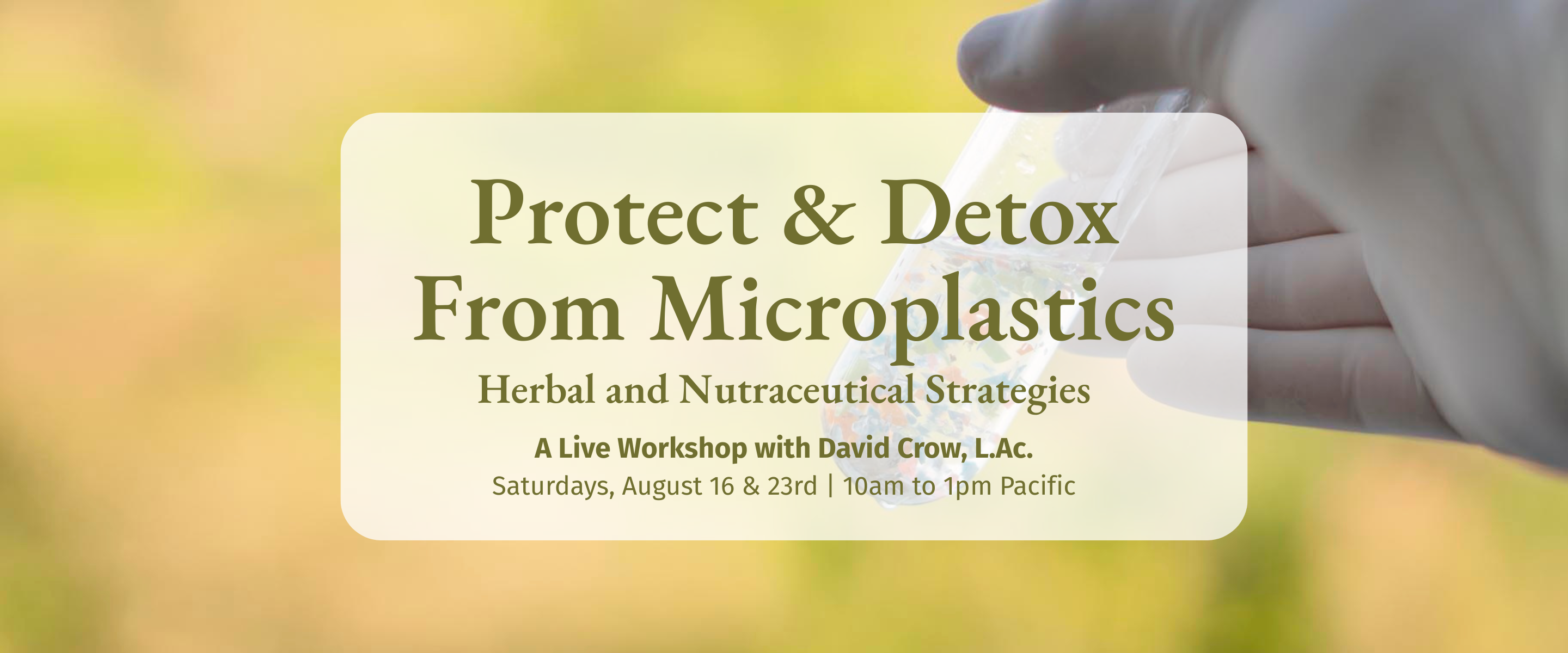Microplastics
Jul 18, 2025
Crowconsultations.com will be presenting three important events for Plastic Free July!
In preparation, I'd like to share with you a short list of important statistics and information about microplastic pollution and toxicity, gathered from scientific databases. There are over 18,000 research papers on the subject published on PubMed Central, the archive of U.S. National Institutes of Health's National Library of Medicine.
The Challenges
- Microplastics are plastic particles, films, and fibers with a diameter of 5 mm or less, while the smallest are termed nanoplastics. They are pervasive in the environment and food chain.
- Nano and microplastics enter the human body through the respiratory system, the digestive tract, or the skin. Nano particles are more dangerous than microparticles, because they can penetrate more easily into the organs and tissues.
- Microplastic particles have been reported in human feces, blood, placenta, lungs, brain and other organs and tissues.
- A wide range of plastic compounds have been found in the human body, including polyethylene, ethylene propylene diene, and ethylene-vinyl-acetate/alcohol. A variety of plastic additive chemicals were identified including endocrine disrupting-classed phthalates.
- Bioaccumulation of plastics in the human body can potentially lead to a range of health issues, including respiratory, neurological, endocrine, reproductive, cardiovascular and digestive.
The Solutions
The first solution is minimizing exposure to plastic by reducing its use in daily life. This is the subject of my interview with Anne-Marie Bonneau on Wednesday the 27th at 5pm PT, titled Creating a Plastic Free Home. Join us for this free event to learn practical alternatives to common forms of plastic and how to strive toward minimal exposure to plastic and zero waste in the home.
The second step is that we can start using herbs and nutraceuticals for supporting removal of microplastic particles from the body, and minimizing their harmful effects through mechanisms such as reducing the inflammatory reactions they produce. I will be offering two events on this topic.
The first event is July 30th, from 5 – 6:30pm PT. This is a free lecture:
Detoxification of Microplastics
The second event, will be available for registration in late July, and taught LIVE Saturdays August 16 & 23rd, from 10am – 1pm PT.
Protect & Detox From Microplastics: Herbal and Nutraceutical Strategies
This is a 6 hour workshop titled Protect & Detox From Microplastics: Herbal and Nutraceutical Strategies. Those who register for my free Detoxification of Microplastics lecture will get an
exclusive discount!
The workshop is not yet available for purchase, so be sure to sign up for my free events this month to be receive advance notice, as well as an exclusive discount!
Both of these presentations are based on current scientific research on the toxicology of microplastics and the physiological mechanisms of detoxification and harm reduction, validated by herbal knowledge from traditional sources such as Ayurvedic and Chinese medicine. Some of the topics include:
- How plastic particles increase the toxic effects of cholesterol, heavy metals and pathogenic microbes
- The role of microplastics in local and systemic inflammation
- How microplastics affect the gut-brain axis, gut-liver axis, gut-lymph axis and more
- Bioaccumulation of plastics in the brain and its impact on cognitive functions
- Herbal strategies for supporting natural clearance and reducing the damaging effects of microplastics in various organs and tissues
- Understanding the importance of macrophages and how to use herbs to support their immunological functions to protect against plastic toxicity
- Specific herbal protocols to detoxify microplastics from the brain and protect cognitive functions by activating microglial cells
- Full spectrum concentrations combining decoctions, tinctures and nutraceutical compounds for maximum potency and effectiveness, including astragalus, berberine, baicalin, wogonin, ginsenosides and others
*Update: You can watch replays of our free events here. The full course Protect & Detox From Microplastics: Herbal and Nutraceutical Strategies is also now available on-demand.





